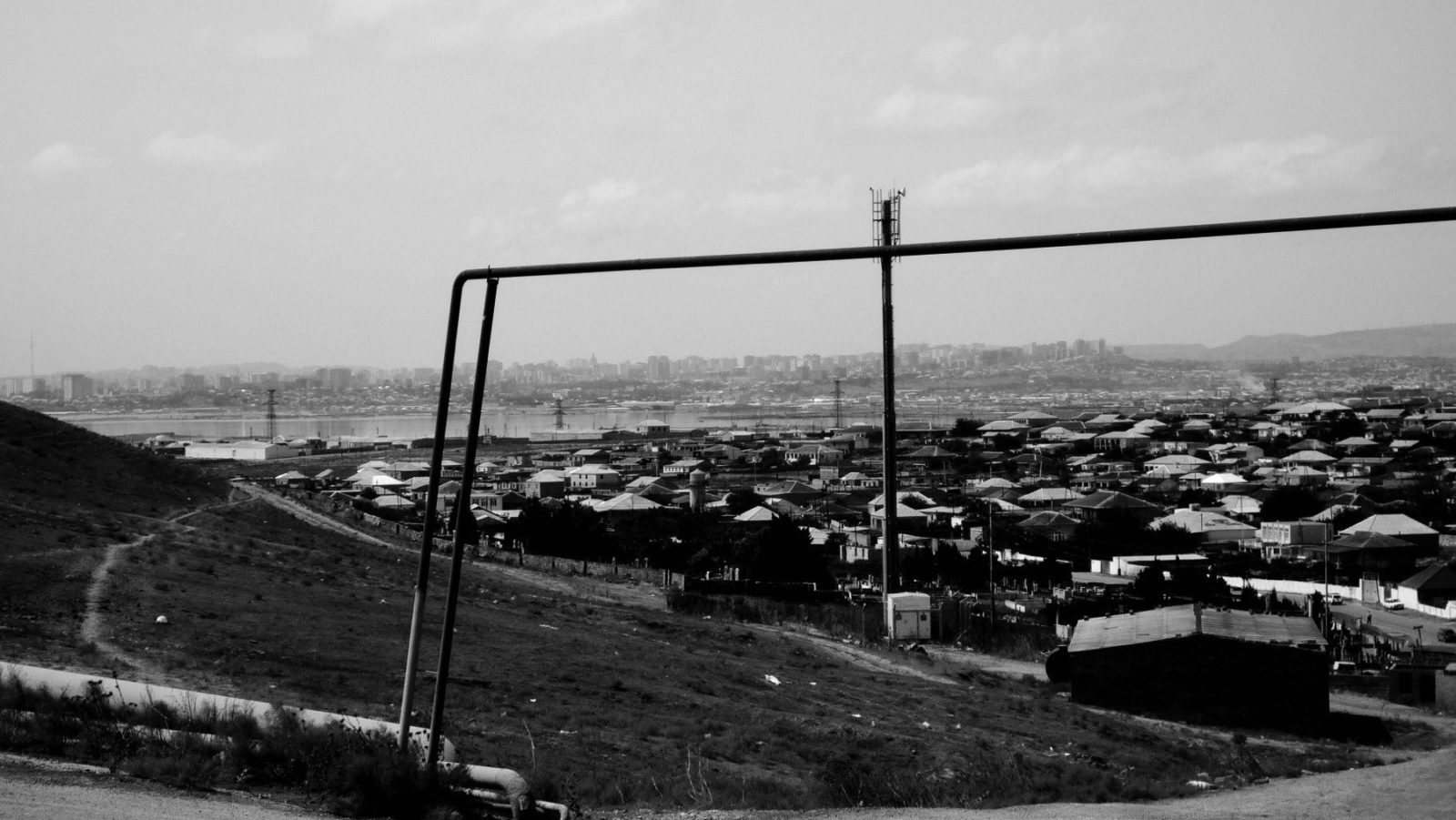
In response to the severe government-led crack down on civic space in Azerbaijan, the international Board of the Extractive Industries Transparency Initiative (EITI), at its 29th meeting in Brazzaville (Republic of the Congo), decided to remove Azerbaijan’s compliant status.
This is an unprecedented move. Not only has no country ever been demoted before, which makes this decision particularly significant, but Azerbaijan was also the first country to have achieved EITI compliant status in 2009. It is also a first for an implementing country to fail Validation for not having met the requirements relating to free and effective civil society participation.
Entrenched in the 2013 Standard, particularly under 1.3., these requirements have been further clarified and spelled out in the new Civil Society Protocol, adopted in December 2014.
Following the introduction of harsh new legislative restrictions on NGO activities in Azerbaijan in February 20141, the acute, and well-documented 2 , deterioration of the situation for independent civil society in Azerbaijan has prevented genuine civil society participation in the EITI process. Civil society on the international Board of the EITI continuously called for strong action, which led to a high level mission in August 2014. The findings of this mission, as well as new evidence on the civic crackdown, led the international Board to express its strong concerns in October 2014 and state that ‘the situation for civil society organisations is unacceptable’.3 Calling on the Azerbaijani government to re-affirm its commitment to respect the principles of the EITI, the Board called for early Validation and outlined three remedial actions which the government would need to implement in order to restore the enabling environment.
Between October 2014 and March 2015 Azerbaijan failed to address the remedial actions demanded by the EITI Board and further restrictive legislation was signed by the President in December 2014. Therefore in its April meeting the board decided to sanction Azerbaijan, strongly upholding the EITI Principle to have unrestrained and independent civil society involvement in natural resource governance. The board was asked to take the ‘strongest action possible’ by close to 300 civil society groups from 35 countries who are all strongly committed to making sure natural resources benefit the people.
EITI civil society board member Gubad Ibadoglu, who runs the Economic Research Centre in Azerbaijan, is cautiously optimistic. “While I welcome the unprecedented decision of the EITI board, my colleagues and I expect that our government take this decision seriously by creating the required space for civil society to engage in EITI and natural resource governance.”
Marinke van Riet, International Director of PWYP echoed these words and added: “the board took a much needed decision in line with its duty to defend basic EITI principles. By doing so it has sent a message to the world and other EITI countries that restrictions on civil society’s ability to participate effectively in the EITI will not be tolerated. However, PWYP and others will be watching the government closely by working with local independent civil society to ensure the follow-up remedial actions are being met. Otherwise the end will be near for Azerbaijan’s status as a member of the EITI family.”
Azerbaijan has a year to implement the remedial actions as set out by the EITI Board.
1.Together, the rules subject NGOs to extensive government control, contrary to guarantees of freedom of association, including over their registration, governance, receipt of funding and banking operations.
2. See for instance: Statements by the Venice Commission – ; by the UN working group on Business and Human Rights – ; or Human Rights Watch
3. See statement by Clare Short, the Chair of the EITI Board.